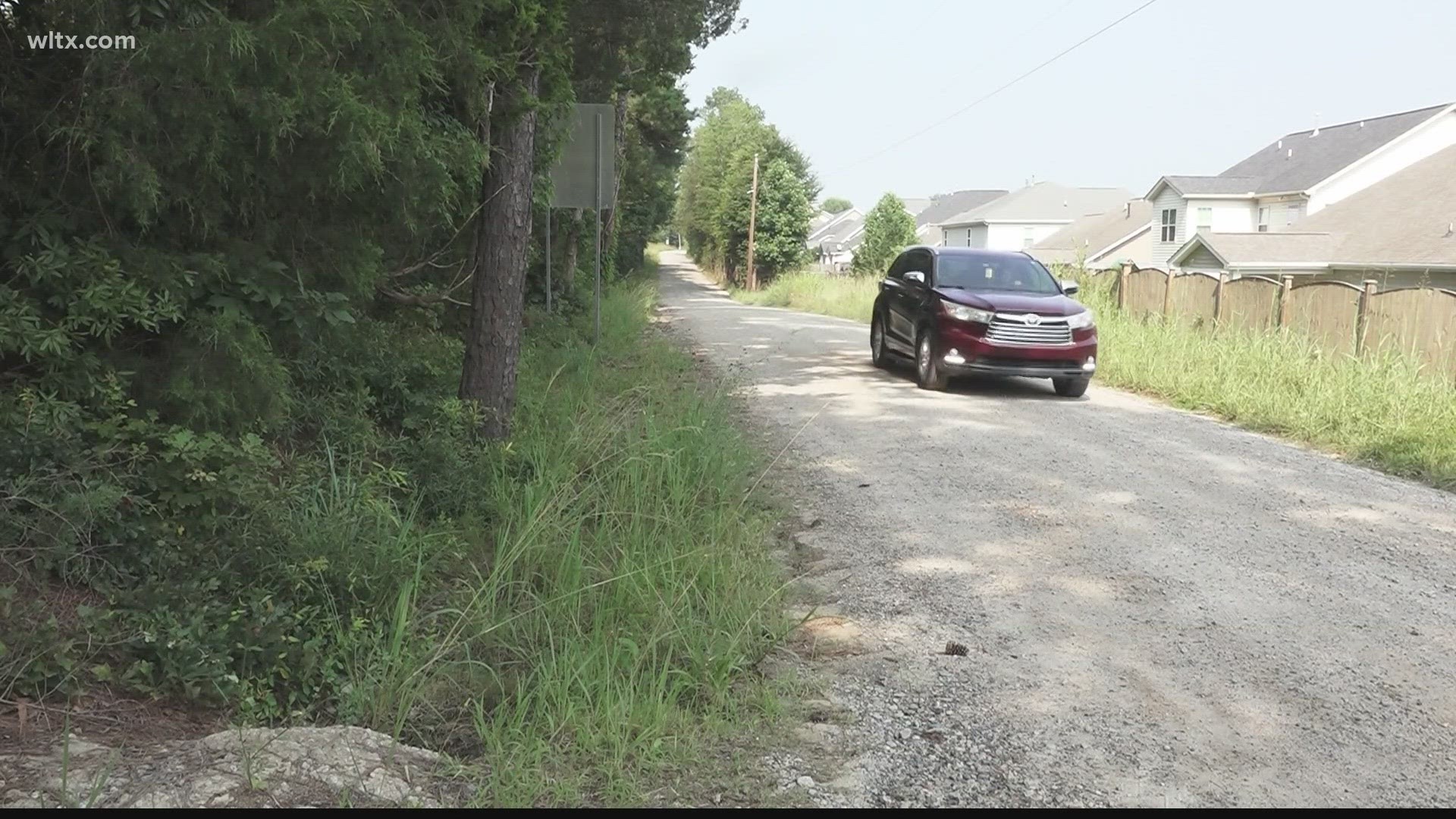RICHLAND COUNTY, S.C. — Voters might see a return of the penny tax in Richland County after the county council approved a measure that would begin work to reinstate the program next year.
At the council meeting, the county administrator requested authority from the council to get the paperwork together to put a penny tax question on next year's general election ballot.
Councilmember Don Weaver said he voted in favor of the program but has some reservations.
"I think it's important to let voters decide, I'm hoping that the council will decide, and my colleagues on council will decide on a half-penny. I think that's really all we need going forward," he said.
Back in 2012, Richland County voters approved the Transportation Penny Tax Program. It raised the county's average sales tax for retail to about 8% and was expected to bring in more than $1 billion over 22 years.
The money was to be split between the COMET bus system, roads in Richland County, bike paths, green spaces, and walkways.
In August 2020, the State Revenue Department requested the county pay millions of dollars back. However, the department settled with the county and, in turn, invested an additional $15.5 million into Penny Tax Program projects. The agreement also stated that the Penny Tax program audit did not find any fraud.
Weaver said that Tuesday's vote was to approve beginning the work on a new proposal that would go in front of voters in 2024. Without voters' approval, he said the transportation tax would cease to exist, forcing the county to decide other ways to fund projects like the COMET Bus system.
"Well, we need to keep the buses rolling; there's no question about that. We need to fund some transportation projects. The question is, 'How much? How much money do we need?' a penny throws out, give or take, a billion dollars over the lifetime of the penny - half a penny, about $500 million," he said.
He wants to see the plans before fully endorsing the program.
"We don't have a full list yet of projects the new penny would fund. We voted for money to fund a consultant to tell us that, but I really feel that after twelve years of voters in Richland County paying a transportation tax, some of our projects are already done. They don't need to be done again," Weaver said.
Richland County residents like Fred McLain are skeptical, criticizing the effectiveness of the last program. He said he would likely vote for the program but would want to see the exact plans.
"I haven't seen the penny tax go where it's supposed to go, but at the same time, talking about fixing the roads and highways. As we look down Main Street, they're working on the water lines, but also like on the highway," he said. "You've got slates of steel all over the roads and everything, so where is the actual penny tax going at?'
Weaver agrees, saying whether it gets approved is up to voters and providing them with as much information as possible.
"If they're more apprehensive about their job, not knowing about inflation, that could be a concern, and that could get turned down," he said.
Councilman Weaver said the county is now waiting to get numbers from those consultants, and he expects discussion on the specifics of the program will likely be ready in early 2023.
The council's next meeting is scheduled for Oct. 17.

